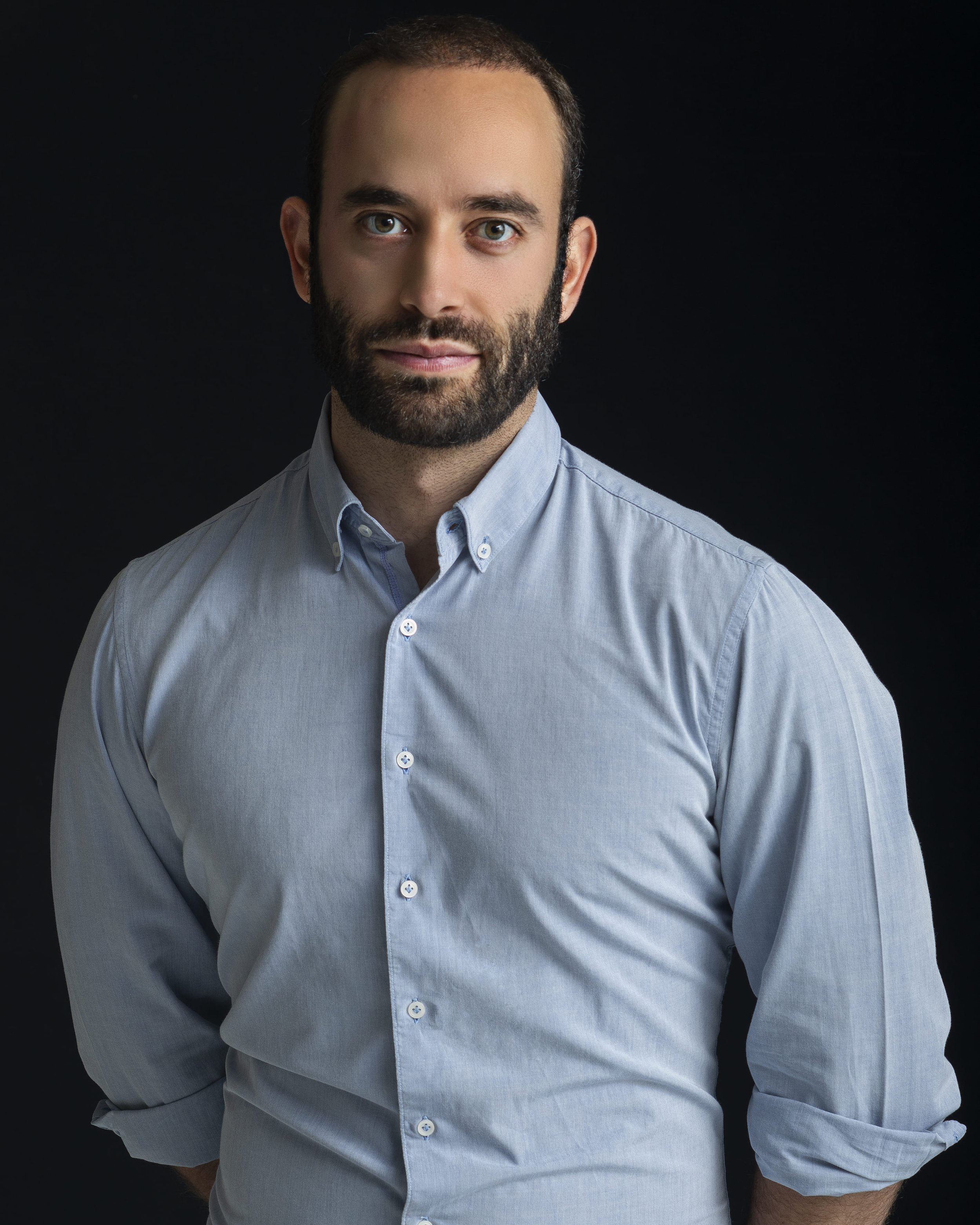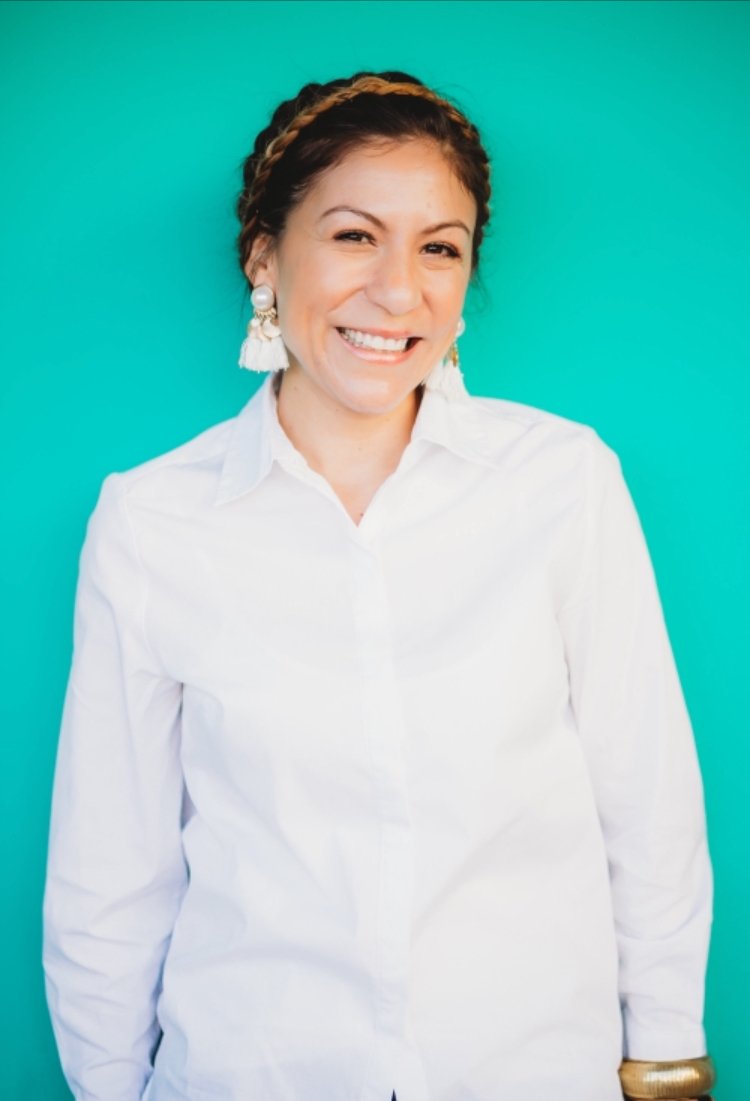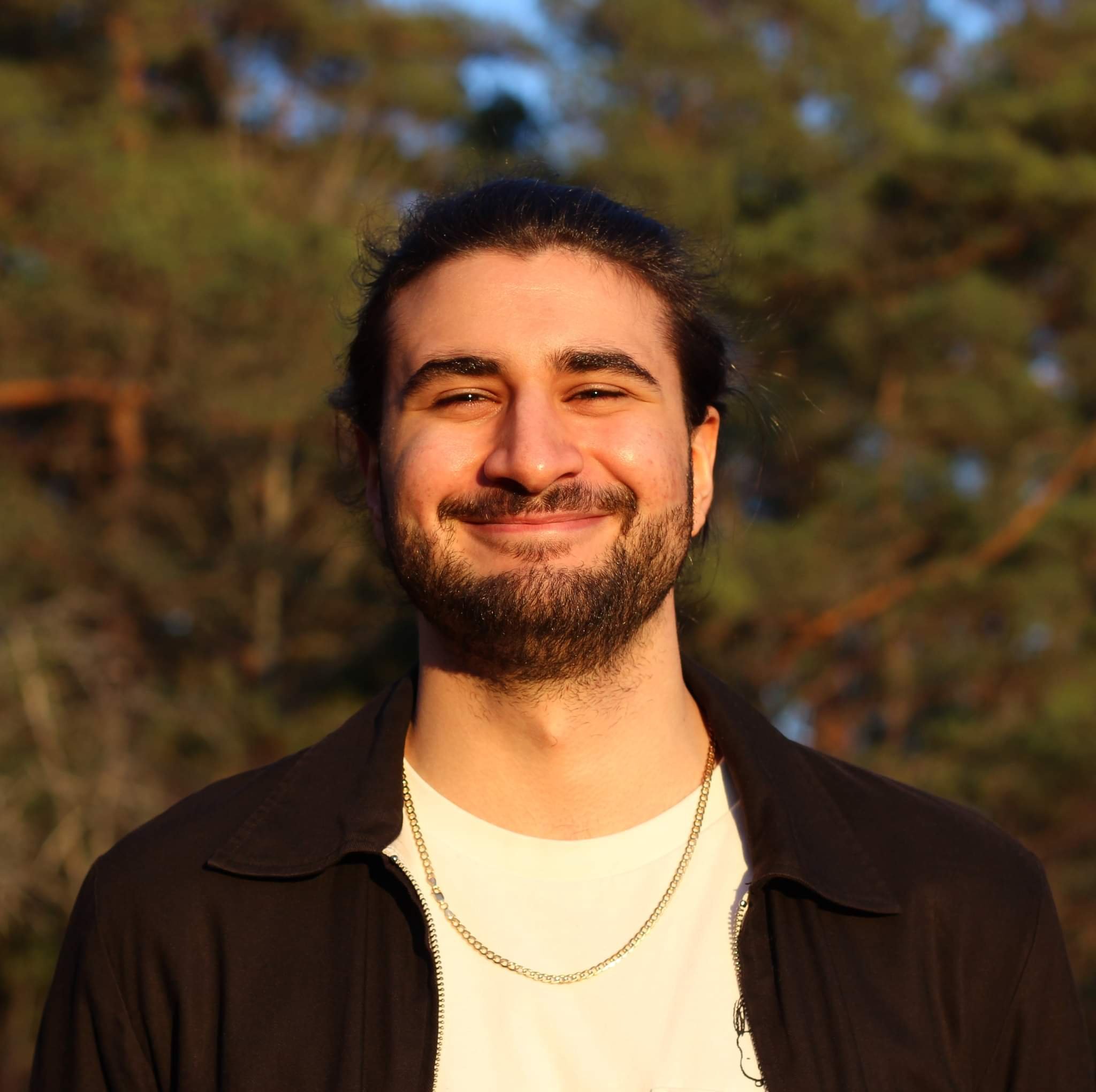2023 Psychedelic Science Travel Grant Recipients
Abigail Calder
Abigail is a PhD student at the University of Fribourg in Switzerland, where she is leading a study on the effects of LSD on neuroplasticity in healthy people. She has several side projects, including an upcoming online study about the side effects of various psychedelics and a small project with Dr. Rick Strassman in Arizona which involves updating his Hallucinogen Rating Scale. Her main research interests are psychedelic-induced neuroplasticity and better understanding the negative effects sometimes seen with psychedelics, which in the current renaissance may be somewhat understudied.
Carly Tolbert
Carly is the founder of Kaftan Collective, a private clinical and consultative practice which centers embodied social justice, equity and the power of safe relationships as keys to intervention and healing. Through Kaftan, her clinical practice is focused around facilitating process groups for African American parents. Building upon concepts that she has learned over the course of her career in the fields of reflective parenting, attachment, trauma, mindfulness and somatics, her groups serve as communal spaces for collective healing. Carly is looking to expand her understanding of the field and to create opportunities for learning and access.
Jessica Pinera
Jessica is a clinical social worker. She offers therapeutic support for underserved people recovering from eating disorders, complex trauma, and violence. She is part of a small private practice where she work three days a week. The other days, she dedicates her time offering pro-bono therapy services to DREAMERS, undocumented immigrants with complex trauma as well as survivors of violence and human trafficking. She also conducts emergency mental health evaluations for asylum seekers at detention centers. Currently, she is the only therapist in New Mexico providing eating disorder treatment in Spanish. To address the underserved needs of Spanish-speaking families, she facilitates a free psychoeducational workshop in Spanish to Latino families needing basic eating disorder information.
Julia Rodriguez
Julia is currently a graduate student, working to attain her Master's in Clinical Mental Health Counseling from Lenoir-Rhyne University in Asheville, NC. She is also currently an intern at the Pearl Psychedelic Institute located in Waynesville, NC. One of the goals of the Pearl is to bring psychedelic assisted psychotherapy to underserved populations. They are hoping through community education and outreach that they can broaden and expand the acceptance of psychedelic assisted psychotherapy to allow for more individuals the opportunity to participate in this powerful mode of healing. I am honored to be a part of the Pearl's community, and I am eager to learn as much as I can to assist them in their mission. The MAPS Psychedelic Science Conference will be the first conference she attends in what she hopes will be a long career of conferences of which she hopes to one day be a presenter.
Lachlan Akers
Lachlan is a regional manager for KnowYourStuffNZ, a drug checking and harm reduction organization based in Aotearoa, New Zealand. He is also a Key Partner with Students for Sensible Drug Policy Aotearoa, and Safety Lead for Sensible Psychedelics, an advocacy group pushing government for a review of laws surrounding psychedelic therapy practices in Aotearoa. When he is not busy with these roles, he works as a Community Support Worker in the mental health and intellectual disability fields. Lachlan’s dream job would be to work as a practicing psychedelic psychotherapist. Until he gets there, his job is to keep pushing, advocating and working, in order to improve the hauora (wellbeing) of all the humans who live on these islands we call Aotearoa, New Zealand.
Lianna Halle Tullis-Robinson
Lianna has been studying psychology since 2010, and now she humbly finds herself towards the finale of her academic pursuits, with two years remaining in the Doctor of Philosophy degree program in counseling psychology at Western Michigan University (WMU). With this, she is the first doctoral student at WMU to introduce psychedelics into their dissertation research and she is guided by this honor. The oncoming integration of psychedelic medicine into the treatment of psychological disorders, and internal and interpersonal struggles, is evident and requires preparatory action by psychologists of color to participate in its evolution.
Lisa Bass
Lisa received her B.S. in Neuroscience a few years ago from the University of California, Los Angeles (UCLA). She plans to apply to graduate programs in Clinical Psychology this year. Lisa currently works on the MAPS-sponsored MDMA for PTSD studies as the Study Coordinator at the Los Angeles trial site. Of the sixteen research sites conducting the MAPS study, her site was recognized as the leader in BIPOC and LGBTQIA+ enrollment. While working with a diverse population of participants, she has witnessed some of the unique challenges that people from marginalized backgrounds face in a clinical research setting. This has motivated her passion for increasing diversity in clinical psychedelic research and care through inclusive and equitable practices that can foster better engagement and access. As a researcher, she is curious to investigate how psychedelic-assisted therapies can be used for treating discrimination or oppression-based trauma as well as internalized oppression in people of historically marginalized communities.
Madrone Love
Madrone is a fifth year PsyD student at the Wright Institute and is currently completing her doctoral internship at the University of Wisconsin-Madison University Health Services. In her second year at the Wright Institute she founded the Graduate Student Association for Psychedelic Studies (GSAPS), and began training at Sage Institute in ketamine assisted therapy. Last July she completed her dissertation, "Fellow Travellors: The Experience of Facilitating MDMA-assisted Psychotherapy for the Treatment of Post Traumatic Stress Disorder." She presented her research at UCSF in January of this year, and will return to UCSF for her post-doctoral training after the completion of her doctorate. Madrone is currently working on turning her dissertation research into two articles that will provide insight into the MDMA-at facilitation experience within MAPS clinical trials.
Marcus Gergeo
Marcus is a psychology student and co-funded and has been leading the largest student organization in Sweden focused on psychedelic science. They have almost 400 members which he plans to create content for when attending Psychedelic Science. He is now working to formally connect all the student associations in Sweden with great success. He is also writing his first research paper on psychedelics, which hopefully will be published this year. Marcus studies full time, and works 20 hours a week as a social worker for people with different neuropsychiatric conditions. In his free time he works on his research paper and works in his student organization. He also loves nature and animals and one of his passions (apart from psychedelic science) is cooking.
Teresa Puig Pijuan
Teresa is a Spanish neuroscientist, who acquired most of her experience as a researcher in Brazil. In her master’s and PhD degrees she developed cellular models of neurological diseases including neurodegeneration and viral infection. In her current position as a postdoctoral researcher, she is studying the development of tolerance and dependence after opioid exposure in brain cells, with the aim of understanding how psychedelic substances can help in the management of opioid use disorders. She is also involved in projects studying how Psilocyin can help in cognitive decline. Teresa is currently participating in an unpaid scientific internship at Promega in Fitchburg, Wisconsin, funded by a Brazilian grant. As a female researcher who cares about equality in science, she has actively sought out opportunities to promote diversity and inclusivity in research in the field of neuroscience. In 2020 she joined the Rio de Janeiro Pod of 500 Women Scientists, where they raised discussions and actions to promote the visibility of women in STEM.
Antón Gómez-Escolar
Antón is a Spanish psychopharmacologist, researcher, author and science communicator specializing in psychedelics. Antón holds a Master's degree in Psychopharmacology and Drugs of Abuse, a Master's degree in Public Health, and a Master's degree in International Relations. For over 10 years, he has been working in the field of drugs and psychedelics. He authored the book "Essential guide to the Psychedelic Renaissance: All you need to know about how psilocybin, MDMA, ketamine, ayahuasca and LSD are revolutionizing mental health and changing lives" (published by Argonowta Publishing) and directed a book series on the science of psychedelics, while doing independent clinical research in psychedelics for mental health and addiction treatment.
Elizabeth Flores Farrell
Liz is first generation Central American. She is a graduate of NYU Silver School of Social Work and the California Institute of Integral Studies Center for Psychedelic Research and Therapies program. As a Trauma Psychotherapist, she addresses the unique and often unaddressed transcultural dynamics and trauma experienced by first-generation Latinx individuals. She helps clients navigate Intergenerational Trauma and expand their capacity to hold the tension between oppressor and oppressed identities as experienced by most Latinx. Her approach is holistic, somatic, and relational. Liz is offering sliding-scale Ketamine Assisted Psychotherapy and Psychedelic Integration in her private practice to promote Ancestral Healing in those who most need it. Additionally, Liz is passionately supporting the Historias Y Memorias Mazatecas Proyectó at PS2023.
Elyse Smith
Elyse is a second-year PhD student in medical and environmental anthropology at the University of Connecticut. She holds an M.A in Bioethics & Medical Humanities with a concentration in Medicine, Society, and Culture, and studied psychology and music as an undergraduate. Her early research explored the psychopharmacology, phenomenology, and ethnobotany surrounding ayahuasca, peyote, and iboga, along with their Indigenous contexts, and their contemporary Western applications. She recently finished a collaboration on an interdisciplinary qualitative analysis of participant narrative accounts from Johns Hopkins University's clinical investigation into psilocybin-assisted psychotherapy for tobacco addiction; the ethical implications and recommendations gleaned from this analysis could also represent a form of ideological harm reduction going forward. Her ongoing scholarship examines environmental ethics & human health; the bioethics of psychedelic medicine; and evidence-based approaches to drug policy, grounded in a decolonial, trauma-informed, human rights perspective.
Joshua Falcon
Joshua is a professor of anthropology and college writing at Florida International University (FIU) and the State University of New York (SUNY). His research lies at the intersection of psychedelics, subjectivity, and politics, as his work focuses on the non-clinical and non-traditional use of psilocybin mushrooms in the United States. His dissertation research examined how psilocybin mushrooms are used as ‘technologies of the self’, or practices aimed at changing one’s subjectivity, as well as how the nature of psychedelic drugs shifts across sociohistorical, political, and cultural contexts using the concept of ‘psychedelic assemblages’. In previous publications, he has brought the subject of psychedelics into conversation with debates on the war on drugs, biopolitics, human-environment relations, and design. Josh was the founding president of the Psychedelic Research Group at FIU, has written for the Psychedelic Science Review (PSR) website, and will be teaching a Psychedelic Lifeworlds course in the Fall of 2023.
Kufikiri Imara
Kufikiri grew up in unceded Huichin territory of the Ohlone people (Oakland, California / a.k.a. "The Town"). With parents that were involved in the Civil Rights and Black Power movements of the 1960's and 1970's, he grew up in a family and community that strongly emphasized cultural awareness and social responsibility. He was an early member of the Entheogen Integration Circle in NYC, supporting marginalized communities within the larger psychedelic community. His past studies with Sacred Garden Community were focused on deepening his understanding as someone who holds space, and was focused on growing diversity. Among the many platforms that he has lent his voice to include, but are not limited to, the Horizons Media documentary film Covid-19, Black Lives, & Psychedelics; various Chacruna symposiums and conferences; guest lecturer at the University of California at Berkeley; various Oakland Hyphae events; The Detroit Psychedelic Conference; as well as a multitude of other articles, conferences, seminars, and podcasts. He was the inaugural facilitator for the BIPOC Entheogen Integration Circle in partnership with the San Francisco Psychedelic Society. He is one of the co-creators for the project, A Table of Our Own. Kufikiri Imara is a globally recognized voice as a champion on the important issues of inclusion, diversity, education, and access within the larger psychedelic community.
Leticia Brown
Leticia is trained as a psychotherapist (LMFT) and psychedelic-assisted psychotherapist by Polaris Insight Center, Healing Realms, and MAPS, attending the first (and only, thus far) MDMA for PTSD training for therapists and communities of color, in 2019. She is also a part of the core faculty of California Institute for Integral Studies' (CIIS) Integral Counseling Psychology (ICP) program where she teaches Psychopathology & Asssessment; The Clinical Relationship and Multucultural Counseling & The Family. She is also one member in an amazing Expanded Access team in Berkeley California, Sage Integrative Health.
Lindsay Korsen
Lindsay is a student in the honors neuroscience program at CUNY Queens College. She has completed seven semesters of premed courses and is on track to graduate with a competitive GPA, and the qualifications recommended to apply to medical school. Her success has been, in part, because she’s finally discovered what she is genuinely passionate about: neuroscience. Although she has always been interested in psychedelics, Lindsay’s interest in medicine stemmed from working in memory care as a Certified Nursing Assistant. She loves working with the geriatric population, and those days of working, especially in hospice care, were the most humbling and fulfilling moments of her life. Her career goal is to become a geriatrician, work in palliative care, and open a hospice that brings compassionate end-of-life care to her community. Her vision of a human-centered and empathetic hospice experience includes the use of psychedelics, and she genuinely believes that the use of psilocybin will dramatically increase the quality of life for her future patients during their last moments with their loved ones.
Louis Medina
Louis is a paramedic, and has spent years working in pre-hospital and emergency room settings honing his craft. Four years ago, he became a Fire Paramedic with the Chicago Fire Department. After gaining over a decade of experience in his field, he sees there is much more we can do to improve the quality of care we provide for people and ourselves. Now, Louis is working towards his Neuroscience degree at Arizona State University in order to provide science-based tools for first responders mental and overall health. He wants to give first responders, new and old, the best possible chance at combating and offsetting the impact and side effects that their commitment to public service can have on them.


















